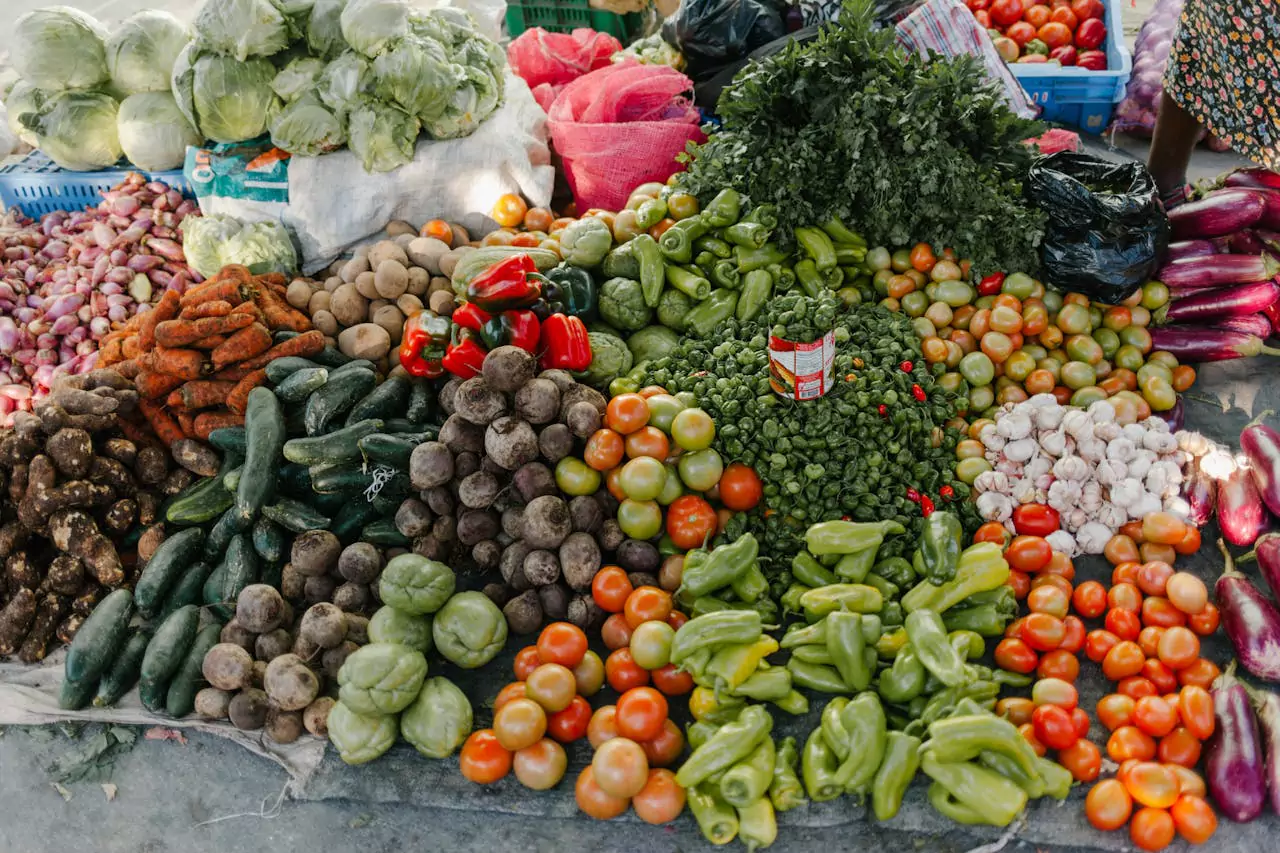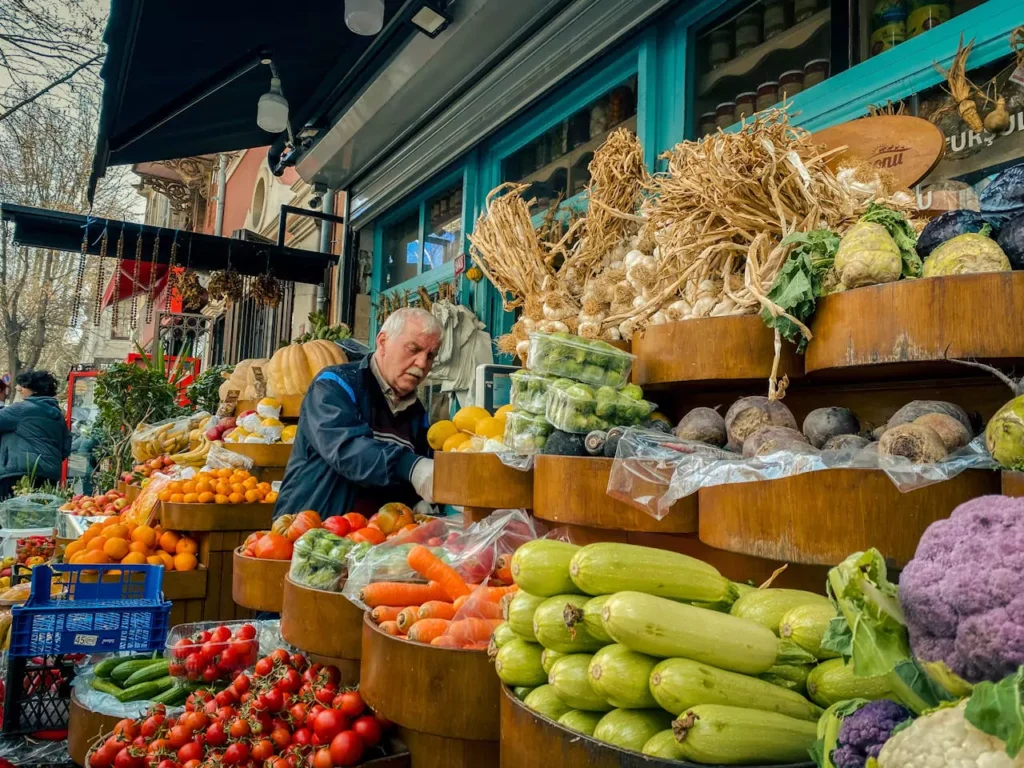
The newly released report, “Vegetable Seeds Market Report by Type, Crop Type, Cultivation Method, Regions and Company Analysis 2025-2033″, now available on ResearchAndMarkets.com, offers an in-depth analysis of the dynamic and rapidly evolving vegetable seeds industry. According to the report, the global vegetable seeds market is projected to grow significantly, rising from US$ 8.03 billion in 2024 to an estimated US$ 14.18 billion by 2033. This represents a compound annual growth rate (CAGR) of 6.53% over the forecast period.
One of the key drivers of this market expansion is the Asia Pacific region, which is witnessing accelerated growth due to several factors including population growth, increasing vegetable consumption, and technological advancements in agriculture. As food security becomes a top priority, the need for high-quality vegetable seeds that can meet global demand continues to surge.
Market Drivers
Rising Health Awareness and Demand for Nutritious Foods
An increasing emphasis on health and wellness is a major factor driving the demand for vegetables and, by extension, vegetable seeds. The World Health Organization (WHO) estimates that 1.7 million deaths annually are linked to low vegetable consumption. Vegetables rich in vitamins, minerals, and antioxidants are being favored by consumers seeking more nutritious and functional foods.
This trend has led to a growing demand for organic vegetables, spurring innovation among seed producers. Companies like Bayer have responded to this shift, launching organic seed lines specifically tailored for greenhouse environments. In 2021, Bayer introduced a new range of organic vegetable seeds targeting key crops such as tomatoes, cucumbers, and sweet peppers, initially launching in North America and parts of Europe.
Growth of Organic and Locally Sourced Produce
Consumers are becoming increasingly conscious of where their food comes from and how it’s grown. This awareness is fueling demand for vegetable seeds that produce organic, pesticide-free, and locally grown crops. Organic vegetable sales in the U.S. alone were valued at around USD 3.5 billion in 2023 and are expected to grow by approximately 8% annually, according to the Organic Trade Association.
To meet evolving consumer preferences, farmers are opting for seeds that can deliver improved nutritional value, better taste, and longer shelf life. This shift is boosting the adoption of both hybrid and genetically modified (GM) seeds that cater to the demand for quality, consistency, and sustainability.
Increased Application in Ready-to-Eat (RTE) Foods and Snacks
The vegetable seeds market is also benefiting from the booming demand for ready-to-eat (RTE) food products and healthy snacks. Items such as vegetable chips, pre-cut salad mixes, and grab-and-go snack trays are increasingly incorporating a variety of vegetables, creating a need for high-quality, reliable seed stock that can deliver flavor, texture, and shelf stability.
With the RTE food market projected to reach USD 425 billion globally by 2025, the demand for seeds producing vegetables suited to these formats is rising sharply.
Population Growth and Urbanization
A growing global population, projected to reach 9.7 billion by 2050, will require a 60% increase in food production, according to the United Nations. This demographic pressure is another powerful driver of vegetable seed market growth. As urbanization continues to reduce arable land, high-yield, disease-resistant, and climate-resilient seed varieties are becoming essential.

Innovations in hybridization and biotechnology are helping farmers meet productivity goals even under challenging environmental conditions. New seed varieties allow for higher output in limited space, particularly critical in urban and vertical farming systems.
Market Challenges
Pest and Disease Management
One of the persistent challenges in the vegetable seeds market is the prevalence of pests and diseases, which can cause significant crop losses. With climate change exacerbating these risks, the development of pest- and disease-resistant seed varieties is vital. However, these advancements require substantial investment in R&D, and acceptance of genetically modified organisms (GMOs) remains a contentious issue in some markets.
Climate Variability
Unpredictable weather patterns, driven by climate change, pose another major obstacle. Extreme conditions such as droughts, floods, and fluctuating temperatures negatively affect crop yields and quality, making traditional seed varieties unreliable. Developing climate-resilient seeds that can withstand such conditions is essential, albeit expensive and time-consuming.
Regional Insights
United States
The U.S. remains one of the largest markets for vegetable seeds, thanks to its advanced agricultural infrastructure, consumer demand for organic produce, and emphasis on home gardening. Innovation in seed technologies and continued R&D investment are key growth factors. However, climate volatility and regulatory scrutiny around GMOs could affect market dynamics.
United Kingdom
In the UK, demand is growing for organic, non-GMO, and locally sourced vegetables. Consumers’ preference for sustainable and homegrown food is shaping the market. While Brexit-related trade complexities and erratic weather conditions present challenges, the focus on sustainable agriculture continues to support market growth.
India
India’s vegetable seed market is rapidly expanding, driven by population growth, increased urbanization, and heightened health awareness. The adoption of hybrid and drought-tolerant seeds is growing, supported by government initiatives. Challenges such as fragmented supply chains and limited access to advanced technologies remain, but the country is emerging as a key player in the global seed market.
United Arab Emirates
The UAE is prioritizing food security through investments in modern farming techniques like hydroponics and vertical farming. These methods require specialized vegetable seeds, particularly those that are drought-tolerant and high-yielding. Although constrained by limited arable land and high seed import costs, the market benefits from strong government backing and growing interest in organic produce.




